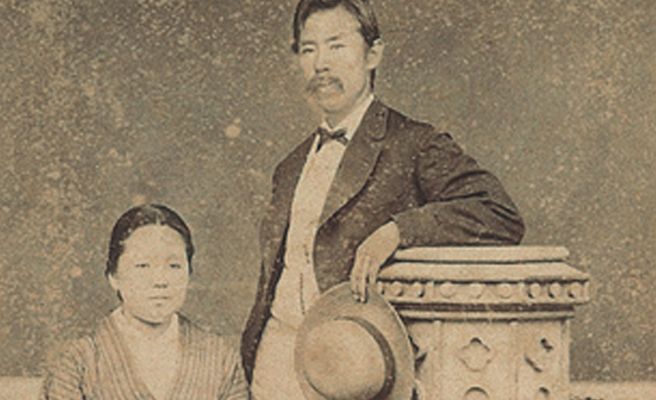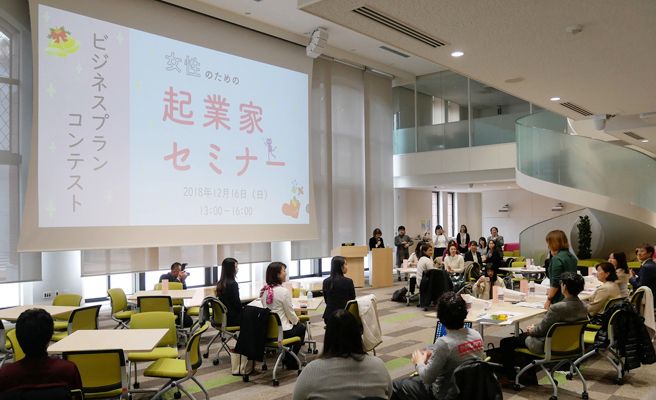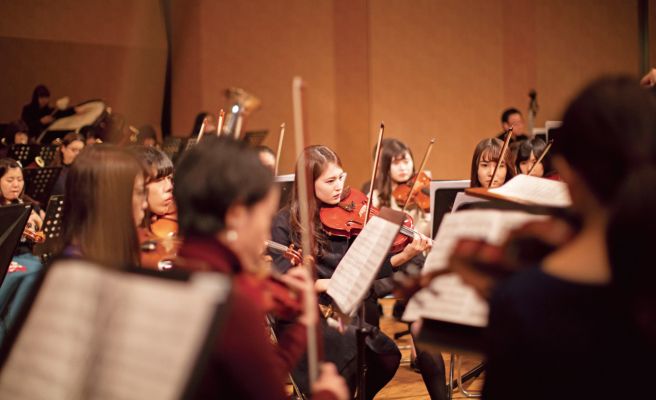2018年6月 今月のことば
In Shakespeare’s play, The Winter’s Tale, a melancholy king greets a beautiful young couple with the words, “Welcome, as is the spring to the earth”. From March to July don’t we all welcome the procession of flowers, as they take their turn to come into bloom? Plum. Camellia. Cherry. Azalea. Iris. Peony. Hydrangea. Lotus.[1] Just reading the names is a joy, and the opening of each one is like a blessing on the world, on us. Many of us visit favourite places where we can gaze in wonder at flowers in abundance. One of my own is a small sea of irises in Kitayama, where I just stand and stare at this wonder. Sometimes I am reminded of the famous verse from the Bible about the lilies, that they are dressed more beautifully than even King Solomon, with all his fine clothes and treasures. Indeed, I cannot think of anything lovelier than that sea of blue flowers. Yet the Bible verse does not tell us to look at the lilies, but to consider them. What are we to think?
Well, the verse points out that the lilies do not work, and neither do the birds. Some people like to use this as an excuse to point to Jesus as a kind of hippy: “No need to work, man! Just hang out, and everything will just come to you!” But that is not what it means. What the verse is really saying is much more challenging, because a few sentences later Jesus adds, “But rather seek ye the kingdom of God; and all these things shall be added unto you” (vs.31) The lily is true to nature, to its own nature. It does not try to be a rose. It exists as it should, as a lily, as God wished, and in doing so, it is beautiful. Our own society supplies pressure on us to aim at goals like fame and money, but such things only make people want more and more, like the Miyazaki Hayao character, Kaonashi. Jesus’s words encourage us to aim not at such empty prizes, but at the highest, to realize our truest nature. Get your heart right. Then much will indeed come to you, and not fool’s gold, but lasting treasure. “For where your treasure is, there will your heart be also.”(vs. 34)



























